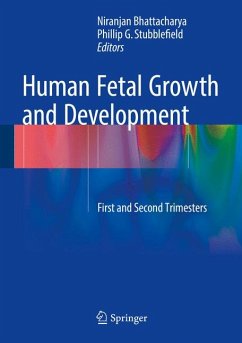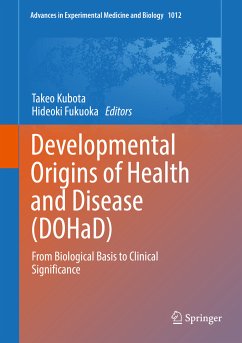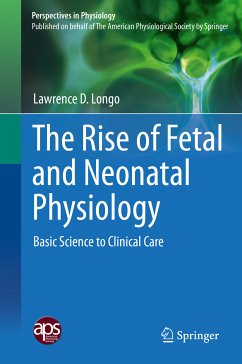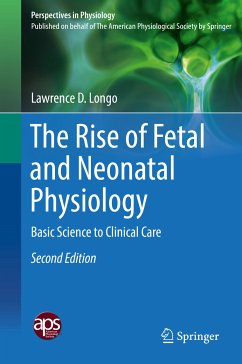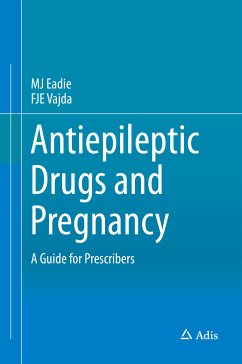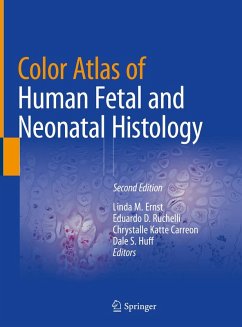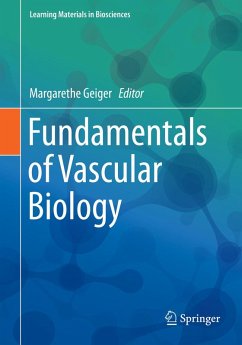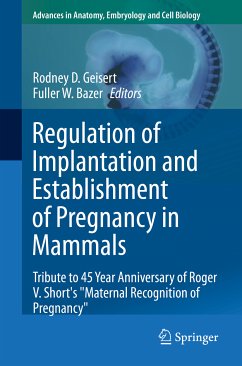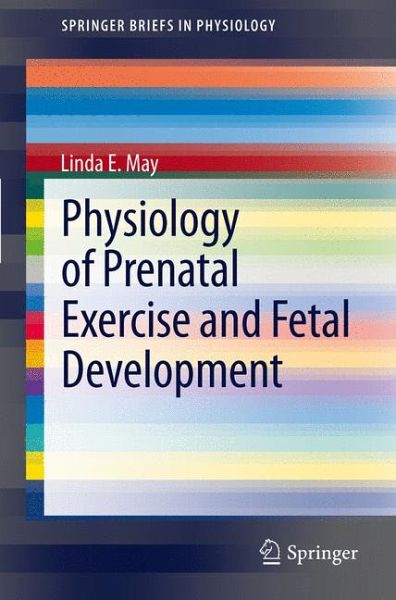
Physiology of Prenatal Exercise and Fetal Development (eBook, PDF)
Versandkostenfrei!
Sofort per Download lieferbar
40,95 €
inkl. MwSt.
Weitere Ausgaben:

PAYBACK Punkte
20 °P sammeln!
This new SpringerBrief in Physiology explores the newest research findings on how exercise influences the fetus in utero and beyond. Physiology of Prenatal Exercise and Fetal Development reviews the current findings of how maternal exercise throughout gestation influences fetal development of key organ systems, and also encompasses the relationship between maternal activity level and fetal, birth, and neonatal effects. This information will help researchers and scientists better understand the physiological effects of exercise during pregnancy on offspring development.
Dieser Download kann aus rechtlichen Gründen nur mit Rechnungsadresse in A, B, BG, CY, CZ, D, DK, EW, E, FIN, F, GR, HR, H, IRL, I, LT, L, LR, M, NL, PL, P, R, S, SLO, SK ausgeliefert werden.




